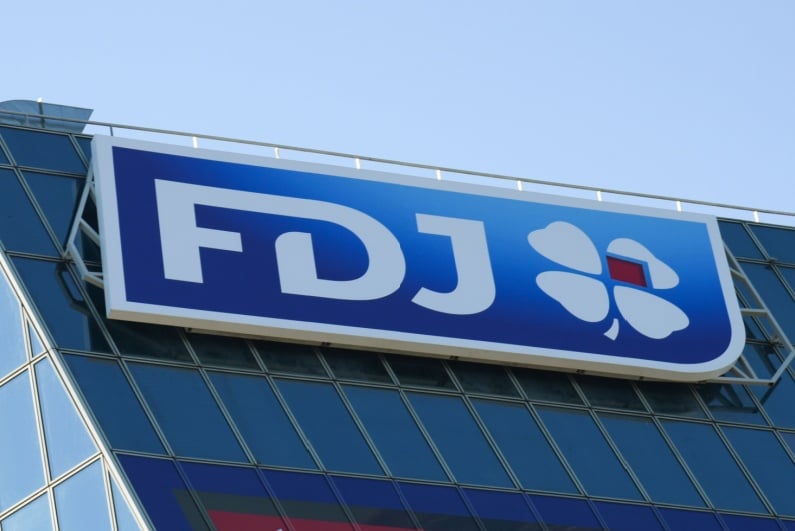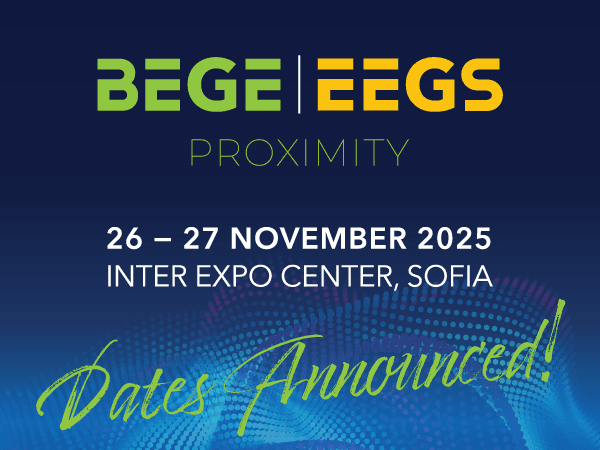After a years-long battle, the Florida sports betting market is finally safe.
The US Supreme Court (SCOTUS) announced it will not hear a case challenging the Sunshine State’s gaming compact. The decision ended a legal challenge for West Flagler, which had hoped to overturn the compact to open up more licenses for the state’s sports betting industry. They have now lost challenges at the highest levels of the federal and state courts, leaving them without a path forward.
“What’s important with today’s announcement is that the most significant barrier to online sports betting in Florida has been removed,” Daniel Wallach, a South Florida attorney and sports betting law expert, told the AP.
Florida’s gaming compact has been the subject of legal challenges since it was approved. West Flagler, which operates racetracks and poker rooms, has been trying to overturn the compact to end the Seminole Tribe’s monopoly over the industry. They have claimed that the compact should be thrown out because the tribe that operates Hard Rock Bet used the Indian Gaming Regulatory Act (IGRA) to hand sole rights over the industry to the tribe.
West Flagler has argued that the IGRA was incorrectly interpreted in the gaming compact. The law allows for federally recognized tribes to offer gambling on their land, but that’s not where online sports betting will take place. Florida said that since the sportsbook’s servers will be on Seminole land, it would fall under IGRA. Unfortunately for West Flagler, the courts have agreed with that interpretation.
While online sports betting has been available since November 2023, West Flagler’s legal challenges kept it on hold long after the original launch date. It led to Hard Rock waiting to launch even after getting the green light from the courts, fearing that a higher court could once again put the industry on pause.
There was a concern that SCOTUS could decide to hear West Flagler’s case, which likely would have forced Florida to temporarily shut down online betting once again. With the nation’s highest court deciding not to take the case, the industry is now safe for the first time since it was set to initially launch in 2021.
Sports betting could soon get much more competitive in our nation’s capital.
The Washington D.C. City Council voted to reject a budget amendment that would have kept FanDuel as the only sports betting operator in the nation’s capital. While the vote doesn’t mean that D.C. will immediately open up licensing, it opens a path to do so in the future.
The vote garnered much attention after news broke that the Office of Lottery and Games (OLG) had begun reviewing the possibility of opening up its market. The announcement came months after FanDuel took over as D.C.’s only sports betting operator. The industry-leading sportsbook took over for the embattled GambetDC, which software issues and poor performance had plagued.
Operators such as BetMGM and Caesars both operate retail sportsbooks in D.C. and have been pushing to launch their online platforms. They say a FanDuel Monopoly would hurt their retail locations. Both operators acquired retail licenses with the understanding that GamebetDC would be the sole online operator.
“But if you support this amendment, it would not allow for that opportunity,” Councilmember Kenyan McDuffie said during the debate. “In fact, any delays are effectively going to continue the sole source monopoly and be to the detriment of existing Class As who have a retail operation at Gallery Place and at [the Washington Nationals stadium].”
A 9-4 vote defeated the amendment.
Predictably, FanDuel has been vocal about its opposition to the possibility of expansion. The Flutter-owned sportsbook has complained that it was told it would be the sole operator when it took over for GambetDC. As a result, a lot of money was spent to make the D.C. launch possible.
FanDuel’s presence in the market is projected to result in a massive boost in tax revenue, making their deal with the OLG a win for both sides. However, expanding the market would cut FanDuel’s revenue without a drop in tax revenue, leading to the operator calling foul.
Michael is an avid sports fan and a veteran bettor from Milwaukee. He learned the trade from his grandfather in Las Vegas as a kid and has turned that into a successful career. He cheers for all Wisconsin pro teams along with his Alma Mater Arizona State. He specializes in baseball betting, but has experience in football, basketball, and hockey as well. When he isn’t pouring over stats, he’s spending time with his two young children.



 2024-06-18
2024-06-18














